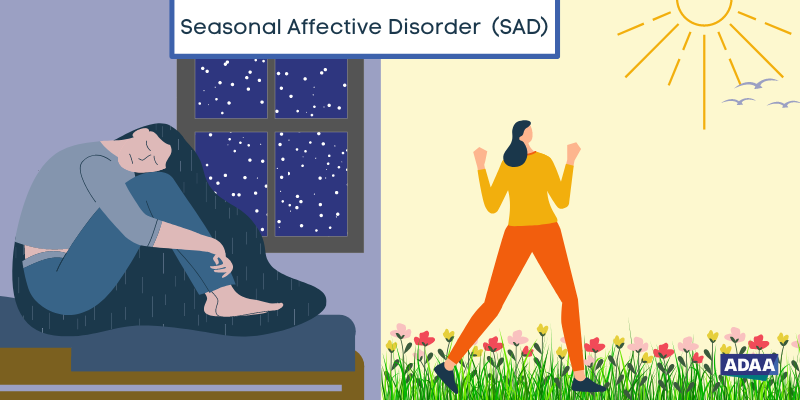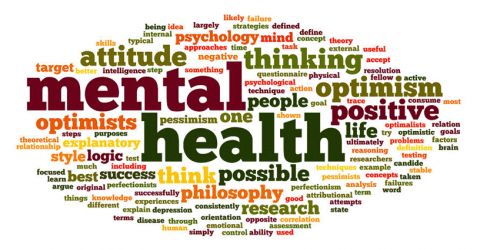Seasonal depressive disorder
Feeling down some days is completely normal and human, however, if you’re finding it difficult to enjoy activities you normally love then it is important to find out why. One common cause of depression during the cold winter months is seasonal depressive order.
The symptoms of seasonal depression fall under winter generally and are most common for young adults and women. The low levels of sunlight can cause individuals to feel hopeless, fatigue and experience social withdrawal. Treatment options include medication, CBT (cognitive behavioural therapy) or supplements like vitamin D. Light therapy may also be used.
https://www.ncbi.nlm.nih.gov/pmc/articles/PMC4673349/
What is the science behind it?
The hormones serotonin and melatonin are responsible for regulating the body’s circadian rhythm. The levels of hormones Serotonin and melatonin are altered when there are significant changes in the levels of sunlight received. This in turn affects your mood and personality. Specifically, melatonin levels are increased because it generally induces fatigue and sleep at night. When increased dramatically it will cause these effects during the day.
Serotonin on the other hand is dependent on vitamin D availability (Vitamin D is derived from sunlight) hence low levels of sunlight create low levels of vitamin D and thus less serotonin in the bloodstream.
Small changes to make you feel better
Long periods of isolation indoors may have psychological impacts. Even if the sun is not out it is still important to leave the house, start the day by taking a morning walk or find an excuse to leave the house. Even 30 minutes of daylight can help boost your energy and mood. After the pandemic, most people began and continue to work from home and this form of isolation can lead to depression.
It is easy to get used to your own comfort and space, losing touch with friends and family but it is important to stay in touch and connect with people. Human connections, interactions and socialising can help brighten up your day and make you feel better. It is so easy to get lost in your sad emotions. Listening to sad music can also contribute to making you feel worse.
Turn your home and room into a place of zen. A study found that essential oils can help decrease the symptoms of depression. Light up some candles, de-clutter and clean your room. Take a relaxing bath and incorporate forms of self-care you enjoy in your everyday life. You don’t need to spend any money to do this, whether it is reading your favourite book, watching your favourite movie, skincare or doing an activity or hobby you enjoy. I always recommend guided meditations as they have dramatically helped me view myself and life in a different point of view. It helps by reminding you of the things that truly matter and to get rid of the negative thoughts we always have to listen to.
Try to cut down on your alcohol consumption or swap it out for a healthier option like fresh juice. Alcohol can induce anxiety and relying on it to feel better will not help your progression and is only temporary. Eating healthy and frequent meals as well as exercising will also help.
https://www.ncbi.nlm.nih.gov/pmc/articles/PMC5138072/
Written by Maryam Fazalzadeha




